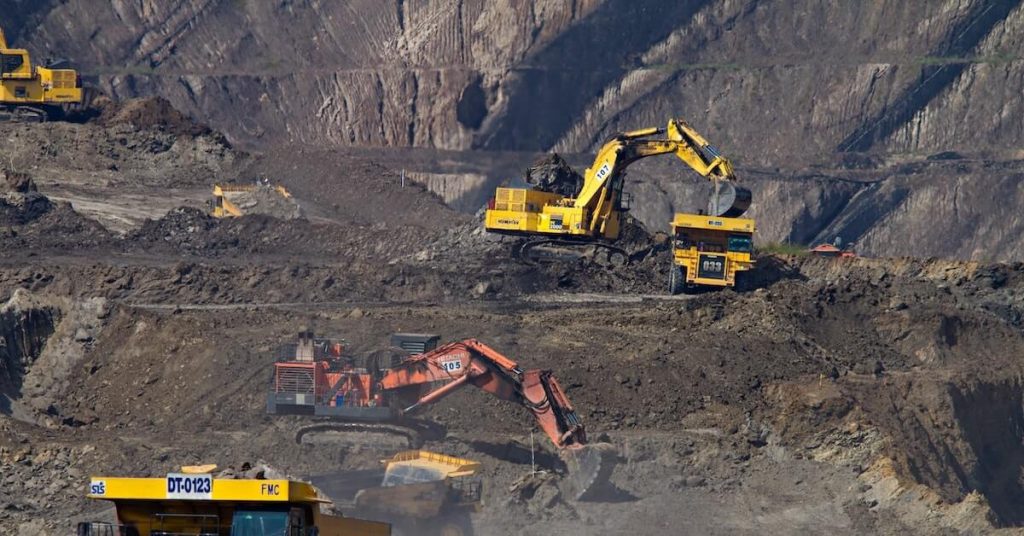Are you looking to sit your excavator licence in Perth?
Do you need a backhoe licence?
When will you need a licence?
Requirements for backhoe operations
How do I prove my backhoe operator competency?
Where to hire a backhoe?
When hiring, operating and managing a backhoe, it can be uncertain whether you meet the right licencing and qualification requirements. In particular, it is important to consider and recognise the legal requirements for hiring a backhoe.
Do you need a backhoe licence?
You do not need a licence to operate a backhoe and, under the terms of the new Australian Work Health and Safety Regulations, you also do not need to hold a terrestrial or specific crane (EPC) certificate to operate a backhoe. This also applies to non-commercial private property jobs, as no licence or backhoe certification is required if you hire a backhoe, although the machine supplier will inform you about general operational use and safety.
However, you are still required to provide information, training and supervision to insure the health and safety of operators.
It may also come down to what work you’re completing, as some jobs you might need to be licenced to do in order to do that.
When are you going to need a licence?
If you want to perform a certain type of demolition work, the current demolition work licence will be required if the work includes the following:
Contains pre-tensioned or post-tensioned structural components;
Involve the use of load shifting equipment (e.g. use of combination front-end loader and backhoe, skid steer loader, excavator, crane).
Involve the use of explosives or another method of induced collapse.
If you are transporting a backhoe from one site to another, you must also have a commercial driver’s licence.
Requirements for Backhoe Operation
The Human Resources Act (PCBU) defines the responsibilities of the person managing the work on the site and ensures:
The operator shall receive adequate information, training, training and supervision.
Operators shall be competent
Appliances are used appropriately to minimise health and safety risks
Under the Act, the PCBU has a primary duty of care to insure that workers are trained and capable of achieving complete safety at work. This training may be both formal and informal.
PCBU describes formal training as completing a nationally-recognized course delivered by a registered training organisation for a specific type of plant, or training at an industry training school. Informal training is described as on-the-job training provided or supervised by a competent person or on-the-job training involving the plant and associated hazards.
Other requirements to become a backhoe operator include, in particular, on-the-job training or backhoe training programmes that you can undertake across Australia to acquire the skills and knowledge needed to operate a backhoe. There are some basic requirements that you must meet when you register for a backhoe ticket:
To be able to read and write basic English
Pass the assessment of language, literacy & numeracy (LLN)
Minimum of 16 years of age
Provide two identification forms
Wear capped steel or safety boots on site; sun protection – hat, long sleeves and pants – is also recommended.
If you have never operated earthmoving machines before it is highly unlikely that a backhoe supplier will provide you with a machine to operate because the risk of major damage is too high. If you’ve never used a backhoe or earthmoving machine before we suggest that you either undergo a thorough training first or hire a backhoe with the operator.
How am I going to prove my backhoe operator competence?
When demonstrating the on-site competence of the person responsible for managing the work on the site, usually the site or project manager, the following evidence can be provided to insure that they know that you are a competent backhoe operator:
Evidence of competence in the file should also be kept as a record in the event of an incident. Make sure that you keep any documentation on file and online in the unlikely event of an incident.

